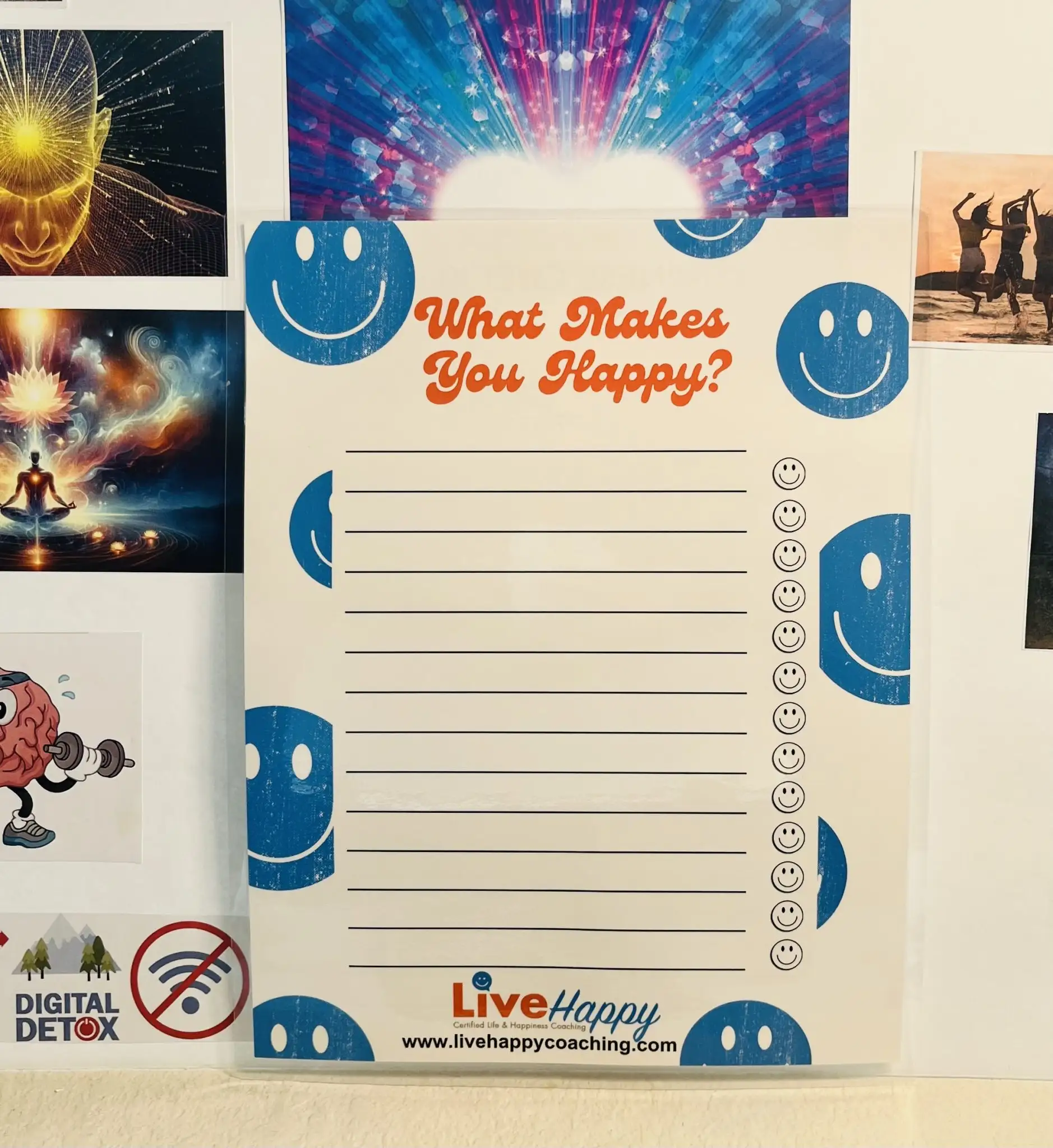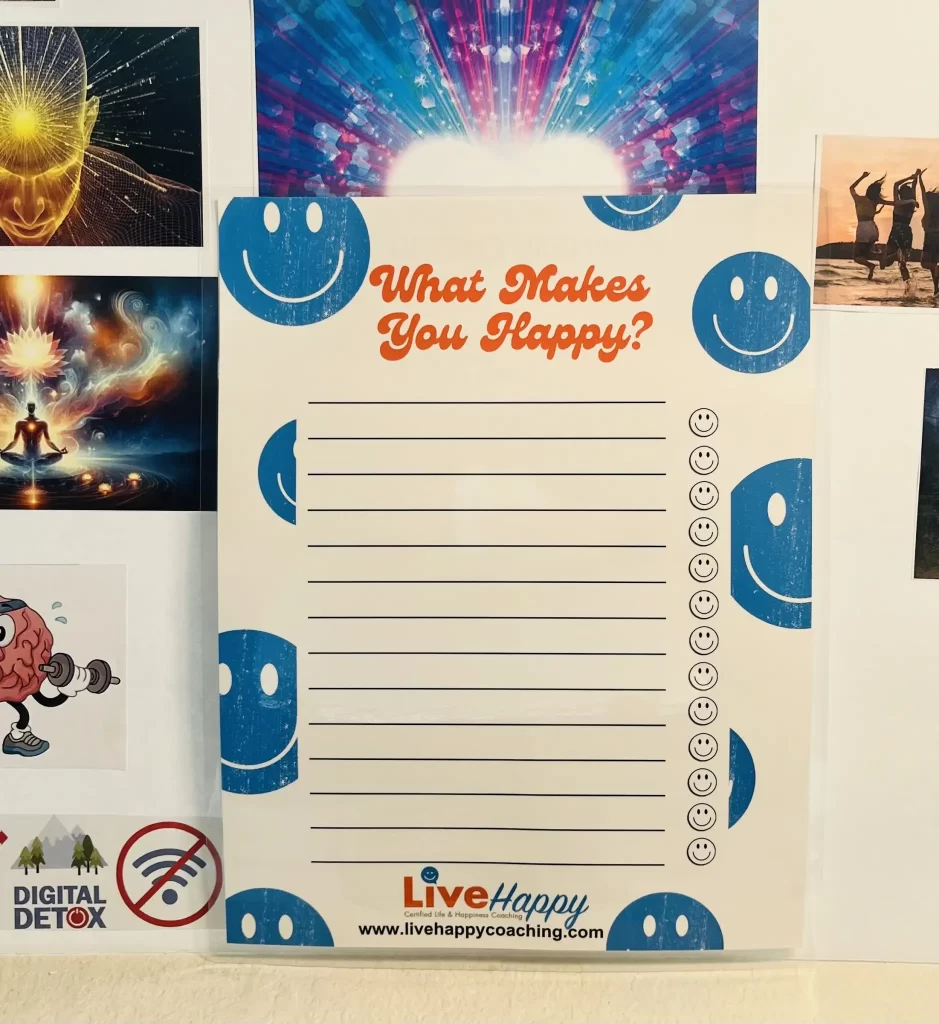
If you’re a woman over 30 who’s achieved everything society says should bring happiness—career success, relationships, social achievements—but still feels unfulfilled, exhausted, or stuck, this is for you.
Meet Shauna. She was a high-achieving woman who looked like she had it all. But inside, she was overwhelmed, emotionally drained, and feeling increasingly disconnected from herself. She often felt anxious, resentful, and guilty—guilty for wanting more, guilty for saying no, guilty for putting herself first.
She’d spend her days tending to everyone else’s needs, sacrificing her own happiness, and yet, deep down, she felt empty. She wondered, Is this all there is?
Her emotions ranged from frustration to sadness, and a persistent sense of “something’s missing” kept her awake at night. She was tired of feeling like she was running on empty, caught in a cycle of pleasing others and neglecting herself.
She knew she needed a change.
Together, we worked on transforming her inner landscape through a proven process rooted in mindset, energy, and the Science of Happiness:
- Using techniques from positive intelligence, Shauna identified and quieted her inner saboteurs—those critical voices that fueled her self-doubt and guilt. Research shows that managing these inner voices can greatly boost resilience and emotional well-being.
- Establishing daily healthy habits, like gratitude, movement, and self-compassion, helped rewire her brain for more positive emotions and greater life satisfaction.
- Clearing emotional energetic blocks, allowing her to release old patterns of stress and overwhelm that kept her stuck.
- Learning to set healthy boundaries—an act that empowered her to protect her energy and prioritize her needs without guilt.
The transformation was profound. Shauna now feels energized, connected to herself, and genuinely happy—inside and out. She’s rediscovered her motivation and joy, and finally feels like she’s living in alignment with her true self.
If you’re feeling the same way—overwhelmed, unfulfilled, emotionally drained—know that change is possible.
Book your Happiness Strategy Call today. Because you deserve to wake up each day feeling motivated, fulfilled, and excited about your life.







